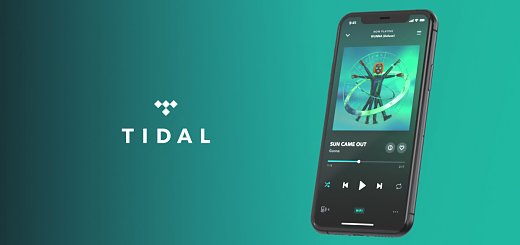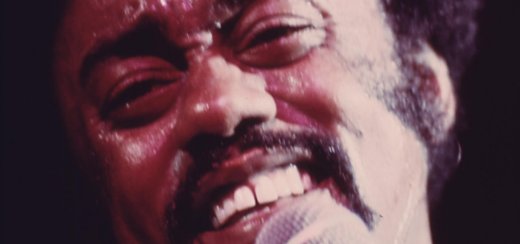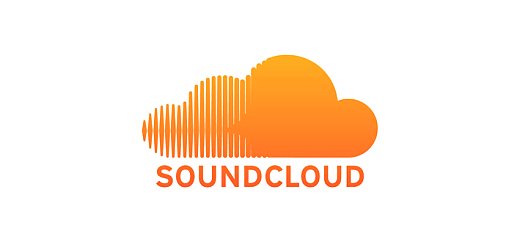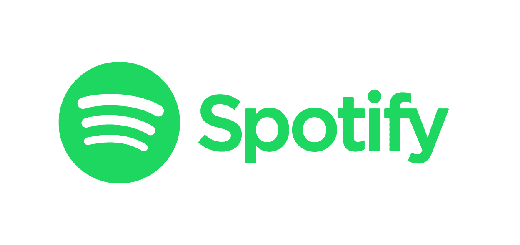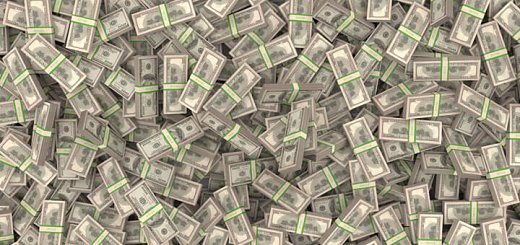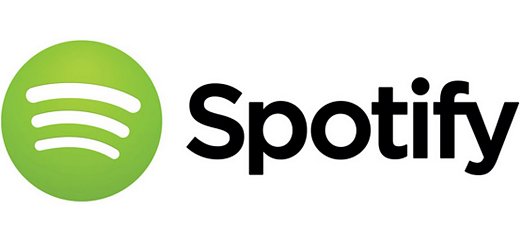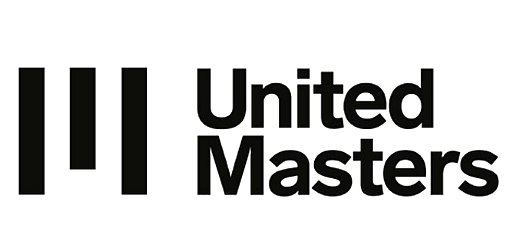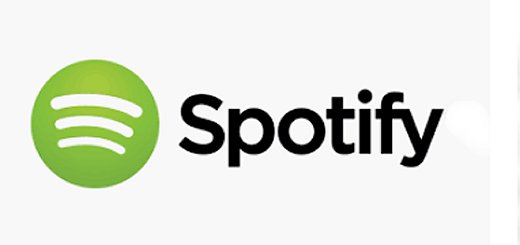Facebook removes music by Italian songwriters

Meta has "excluded" the music repertoire by tens of thousands of Italian songwriters from Facebook, in a "shock move", as reported by MBW. The Italian Society of Authors and Publishers (SIAE) says that “Meta presented a ‘take it or leave it’ economic offer, threatening to remove the content if the offer was not accepted by SIAE”. SIAE didn’t accept this offer, so Meta “suddenly and unilaterally” started to remove its content.

